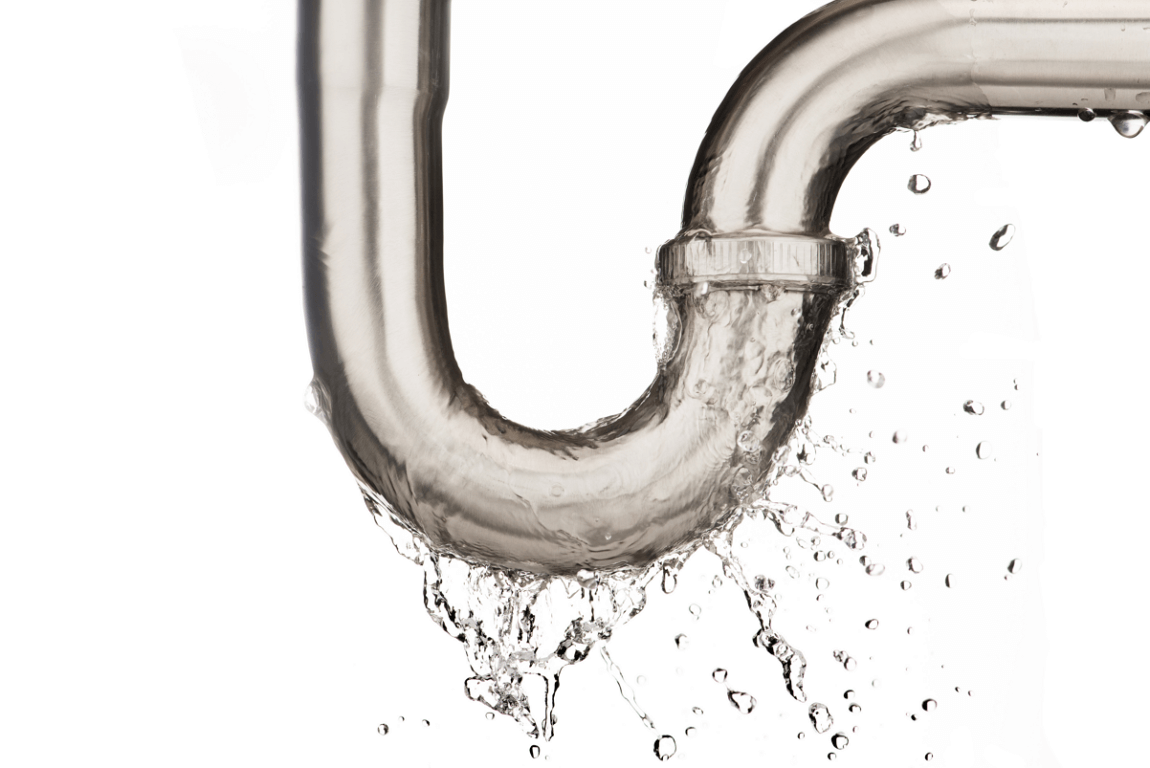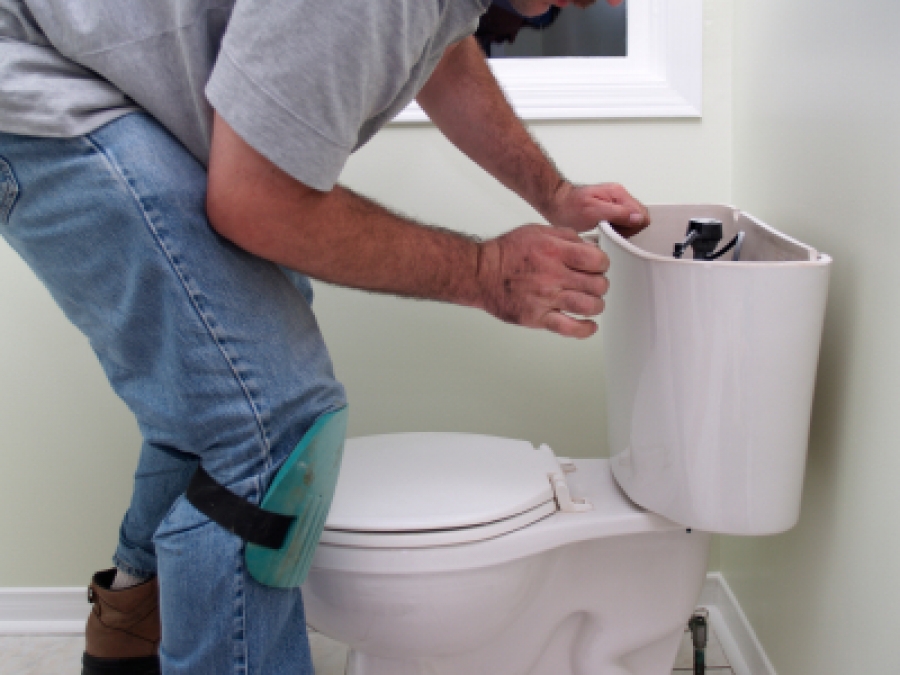5 Standard Water Leak Origins
5 Standard Water Leak Origins
Blog Article
Were you looking for advise on How to Find and Prevent Water Leaks in Your Home?

"Be cautious of little expenditures. A little leak will sink a fantastic ship." - Benjamin Franklin.
He couldn't have actually been extra ideal since water leaks in our homes cause a waste of sources, raising our water bills. This increase might seem negligible at initially, it can lead to substantial costs that can break your financial institution. In addition to a rise in costs, water leaks additionally trigger undesirable organic development, structural damage, and also even electrical threats.
Determining if you have a water leakage isn't constantly easy due to being incapable to see most of the pipework in your home. Nevertheless, If you have had a boost in your water expenses recently, observed water discolorations on walls and ceilings, smelt lousy smell, and so on. You might intend to consider asking for plumbing solutions to get it took a look at.
There are a number of reasons for water leakages, as well as we have compiled the usual reasons below. Examine to see if you have actually had associated issues in your home just recently.
Clogged drains
Food particles, dirt, and grease can create clogged up drains pipes as well as block the passage of water in and out of your sink. Increased stress within the seamless gutters can finish and also create an overflow up fracturing or breaking pipes if undealt with. To stay clear of clogged up drains in your house, we advise you to stay clear of pouring fragments down the tubes and routine cleansing of sinks.
High water pressure
You discovered your house water pressure is greater than typical however then, why should you care? It's out of your control.
It would be best if you cared due to the fact that your ordinary water stress should be 60 Psi (per square inch) and although your house's plumbing system is created to hold up against 80 Psi. A rise in water pressure can put a stress on your residence pipes as well as cause cracks, or worse, burst pipes. Obtain in touch with a professional about managing it if you ever before notice that your home water stress is greater than normal.
Rust
As your pipework gets older, it gets weaker and extra prone to corrosion after the constant passage of water with them, which can gnaw at pipelines and trigger cracks. A noticeable sign of rust in your home plumbing system is staining and also although this could be difficult to find as a result of a lot of pipelines hidden away. We recommend doing a regular examination every few years and also transform pipes once they are old to make certain an audio plumbing system
Damaged pipeline joints
Pipeline joints are the parts of our plumbing system where the pipelines attach. It is important to note that even though pipes are designed to withstand stress and last for a while, they weren't created to last forever; consequently, they would wear away over time. A common indicator of damaged pipeline joints is excessive noise from taps.
Busted seals
Another reason for water leakages in residences is damaged seals of home appliances that utilize water, e.g., a dish washer. When such devices are installed, seals are installed around water connectors for easy passage of water through the device. Thus, a broken seal can trigger leakage of water when in operation.
With little or no knowledge of plumbing, comprehending your house's plumbing system sufficient to take care of a few of these issues (without repercussion) can be a hassle. Connect with plumbing specialists in Pittsburgh, Divine Superintendence, Rochester, and also environ today, and also they'll make those concerns go away.
He could not have actually been more right due to the fact that water leakages in our houses result in a waste of resources, raising our water bills. If you have had a rise in your water bills lately, saw water stains on wall surfaces and also ceilings, scented lousy odor, etc. A rise in water pressure can put a stress on your residence pipelines and lead to cracks, or worse, burst pipes. One more reason of water leakages in residences is broken seals of house appliances that use water, e.g., a dishwasher. When such appliances are mounted, seals are set up around water ports for easy flow of water with the maker.
5 TIPS IN DETECTING A WATER LEAK IN YOUR HOUSE
Water leaks can be hard to find in your home, yet they can be so common. We rely on water every day in our home, which is why a leak can cause big problems. By detecting them early, you can save money and further damage, getting the problem fixed as soon as possible. Here are 5 tips to help you detect a water leak in your home, so you can contact a plumber straight away and get the issue sorted.
Check your water meter
Many people underestimate the value of the water meter in their home. It can be one of the best ways to tell if you have a leak early on, so you can get on top of it before issues start arising. Start by turning off all the water in your home: taps, washing machine, dishwasher, etc. Now take a look at the meter – if it’s still changing with everything turned off, it’s likely you have a fast-flowing leak that you need to get on top of straight away. If nothing changes, then leave your meter for an hour or two and come back to it. Did it change in this time? It’s likely you have a slower leak, which isn’t as urgent but still handy to get fixed so it doesn’t become a bigger problem.
Keep an eye on your bill
Another good way to detect a leak in your home is by keeping an eye on your water bill. It helps if you have a past bill from the same period of time. You can compare like for like and determine whether your water usage has increased significantly. If it has, there may be a leak in your system that you haven’t picked up before. A professional plumber can check through all of your pipes and determine where it is coming from.
Look for damage
If you have a leak inside your home, you will notice damage over time. Take a look at your showers and bathtubs and note whether any of the tiles surrounding the area seem to be discoloured or damaged in any way. There may be water stains, mould or peeling material that has resulted from a build up of moisture over time. Make sure you take a look under sinks at the back of cupboards that don’t get accessed regularly. This is where damage can go unnoticed and build up over periods of time.

As a keen reader on Reasons for Water Heater Leaks, I assumed sharing that segment was worth the trouble. Enjoyed our blog entry? Please share it. Let others check it out. Kudos for your time. Visit again soon.
For fast relief, call! Report this page